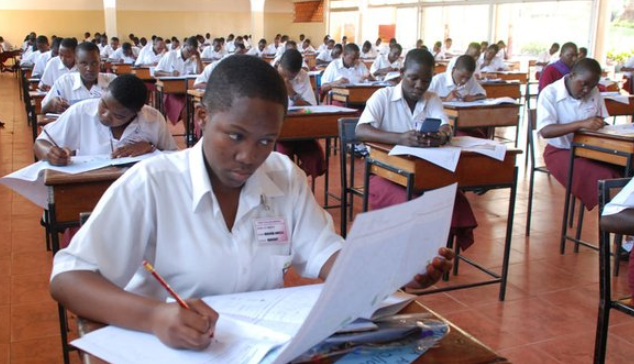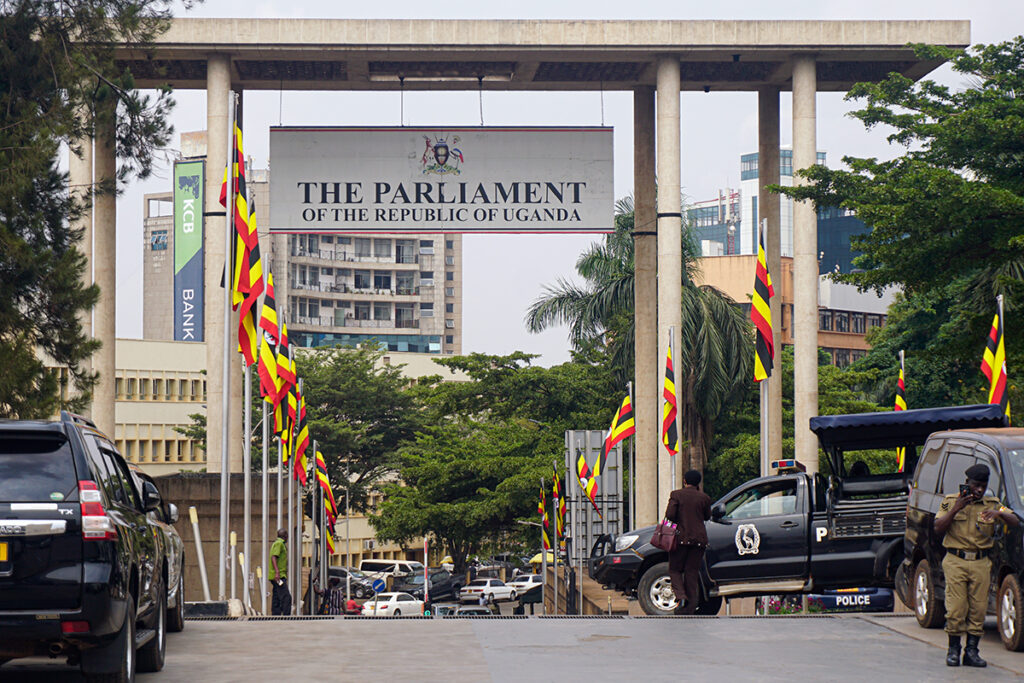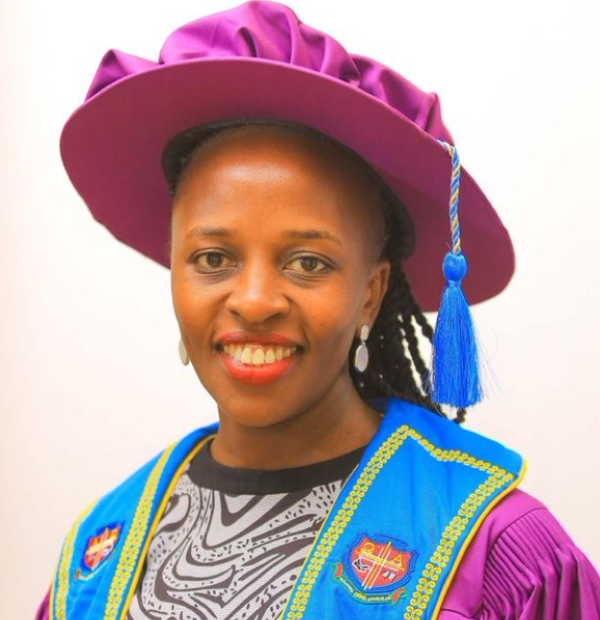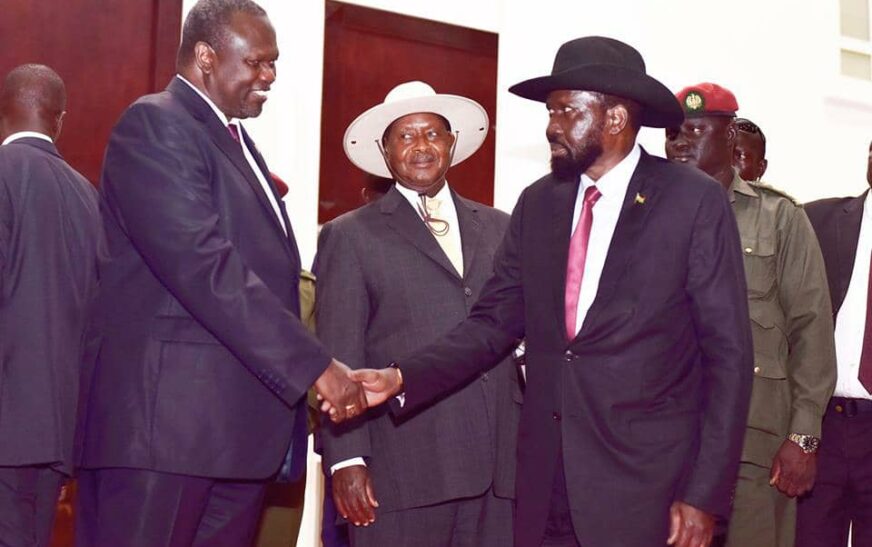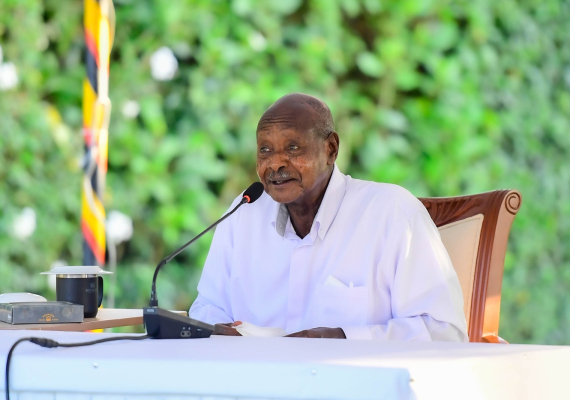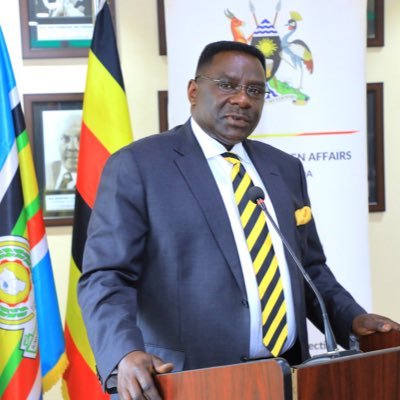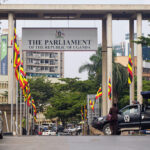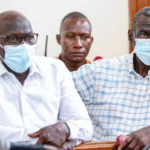By Kayonde Abdallah
Ugandan migrant workers, who often leave their home country in search of better economic opportunities, face a troubling paradox. While the Ministry of Gender, Labour and Social Development (MoGLSD) and recruitment agencies claim to regulate and protect their rights, these same entities are frequently accused of perpetuating systemic injustices. The lack of meaningful representation for migrant workers in decision-making processes—combined with structural conflicts of interest—raises serious concerns about the fairness and effectiveness of Uganda’s labor migration policies.
A System Designed for Control, Not Representation
The MoGLSD is responsible for regulating recruitment agencies and overseeing labor migration. However, critics argue that the ministry’s dual role—as both regulator and practitioner—creates a significant conflict of interest. For instance, the recently launched Migrant Support Centre, housed under the ministry, excludes migrant worker organizations from its operations. This exclusion undermines the ability of workers to self-represent and advocate for their rights. Instead, the ministry retains full control over programs meant to address issues such as exploitation, wage theft, and contract substitution—issues that recruitment agencies themselves are often accused of facilitating (ILO Brief, 2024).
This dynamic resembles “a fox guarding the henhouse,” where those tasked with regulating abuses are also deeply embedded in the systems that profit from them. Recruitment agencies, licensed by the MoGLSD, often charge exorbitant fees to migrant workers despite regulations aimed at capping costs (Migrant Rights, 2022). Workers commonly incur significant debt to secure jobs abroad, only to face exploitative conditions in destination countries. The ministry’s failure to include labor organizations in its programs signals an unwillingness to confront its own complicity in these abuses.
Recruitment Agencies: Profit Over Protection
Recruitment agencies play a central role in Uganda’s labor migration system but are frequently criticized for prioritizing profit over worker welfare. Although regulations mandate fair recruitment practices and ongoing support for workers abroad, enforcement remains weak. For example, while Ugandan law requires that recruitment fees only be paid after a contract is signed, many workers report paying large sums upfront—without guaranteed employment (Migrant Rights, 2022). These practices expose workers to exploitation and debt bondage.
Furthermore, recruitment agencies are often involved in monitoring the very conditions they helped create. This self-regulatory model allows them to avoid accountability while continuing to benefit from a system rife with abuse. The absence of independent oversight only deepens the problem, as migrant worker organizations are systematically excluded from playing a meaningful role in monitoring or resolving grievances.
The Need for Independent Representation
Perhaps the most glaring issue is the absence of independent representation for migrant workers in Uganda’s labor migration framework. Labor organizations and advocacy groups have long called for greater inclusion in programs intended to support workers. Their exclusion not only silences critical voices but also reinforces a system where workers are treated as passive recipients of aid, rather than active stakeholders in shaping their futures.
The International Labour Organization (ILO) emphasizes the importance of engaging both workers’ and employers’ organizations in the creation of fair migration policies (ILO Brief, 2024). Yet in Uganda, this principle is largely ignored. Rather than fostering dialogue among all stakeholders—including the workers themselves—the MoGLSD continues to centralize control within its own bureaucratic structures.
A Path Forward
To meaningfully address these systemic issues, Uganda must adopt a more inclusive and transparent approach to labor migration governance. This includes:
Independent Oversight: Establish a neutral body to monitor recruitment practices and oversee grievance mechanisms, helping to eliminate conflicts of interest.
Worker Representation: Include migrant worker organizations in decision-making processes to ensure policies reflect the lived experiences of workers.
Stronger Enforcement: Strengthen mechanisms for enforcing existing labor migration regulations and hold recruitment agencies accountable for violations.
Bilateral Agreements: Improve bilateral labor agreements with destination countries to ensure better protections for Ugandan workers abroad (ILO Brief, 2024).
Conclusion
Uganda’s current labor migration framework fails to adequately protect its migrant workers due to structural conflicts of interest and the exclusion of worker representation. By prioritizing profit over protection and centralizing control within the MoGLSD, the system enables exploitation instead of confronting it. A more inclusive approach—one that empowers migrant workers as active participants in shaping policy—offers a path toward fairer, more effective governance. Only then can Uganda truly claim to safeguard the rights and welfare of its migrant workforce.





